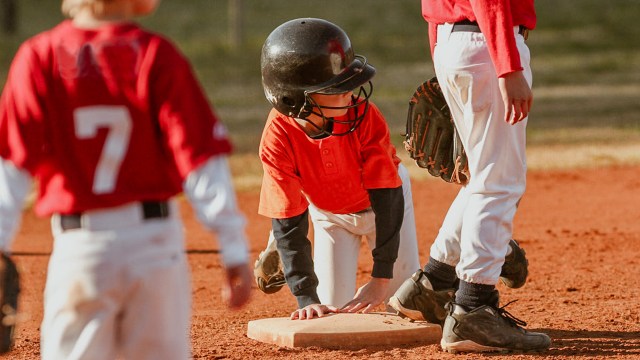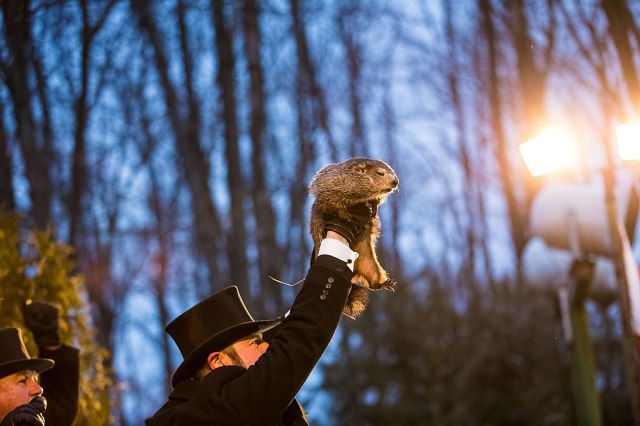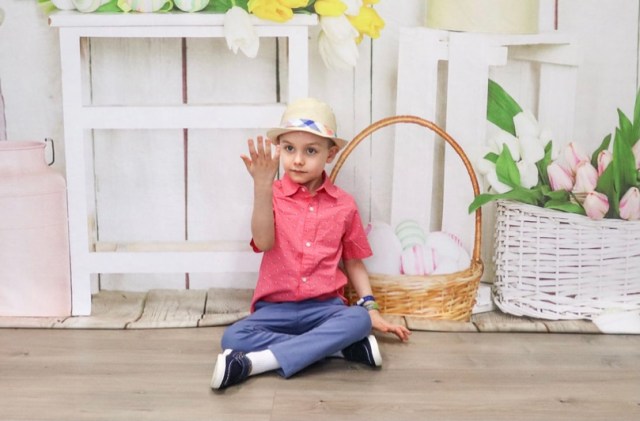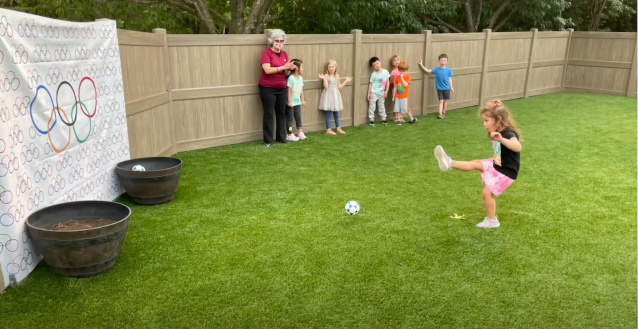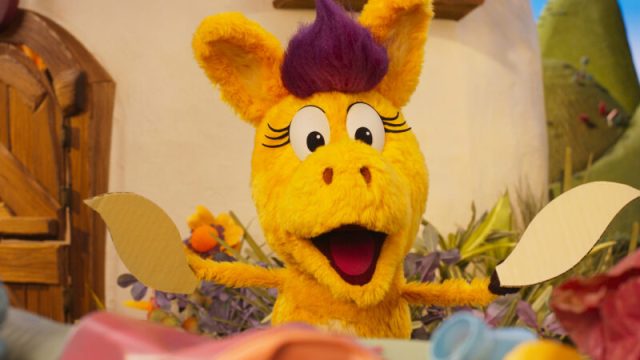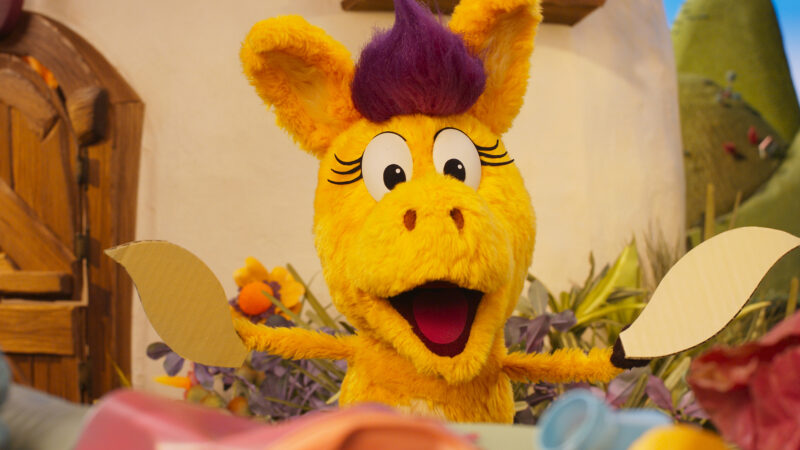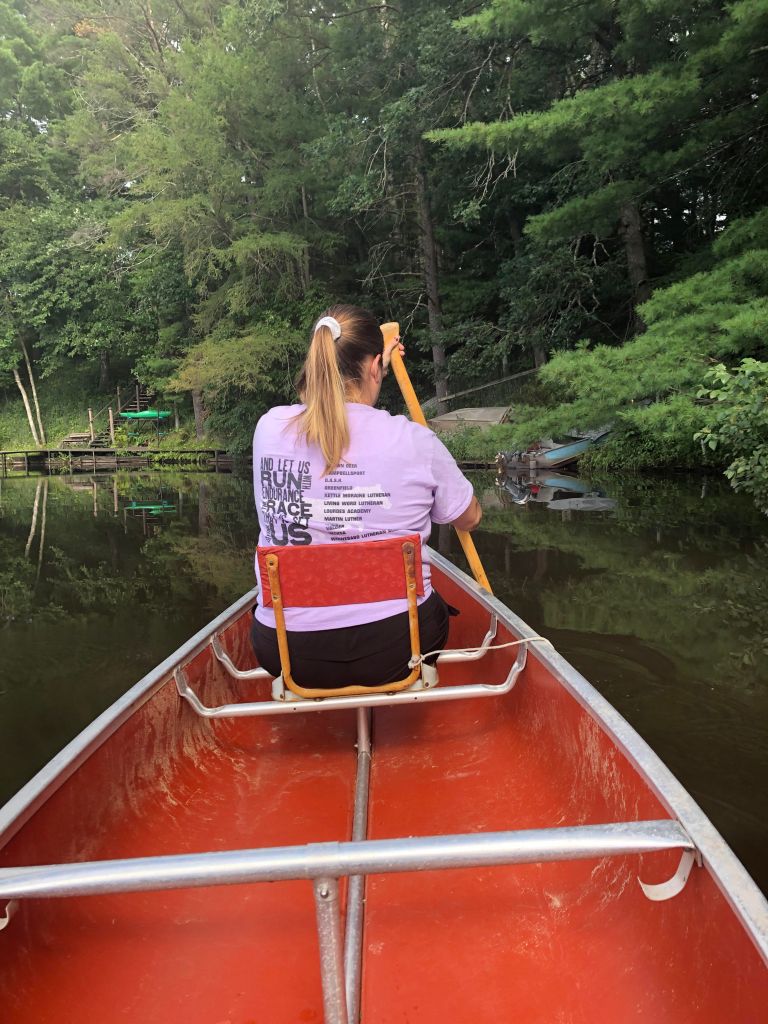Imagine if every time you took the garbage out or loaded the dishwasher someone offered helpful tips on how to do it more efficiently. Now imagine if, after every meal, someone in your family gave a critique of the food and made suggestions for the next meal.
How would you feel? Well, I know how I would feel: deflated, frustrated, and unmotivated.
Without realizing it, this is basically what some parents are doing to their children after every practice or game. As soon as the child leaves the field, Mom or Dad starts in.
Sometimes, it’s friendly tips that are meant to be helpful. Sometimes, it’s more commanding advice, like “Swing with more power” or “Pay more attention to the ball.” Other times, parents just ask so many questions they exhaust their children (who are already tired from the game).
I can tell you with confidence that all children—and I mean all children—hate the questions and constructive criticism. Young athletes start to dread the car ride home because they know they are held captive with nowhere to exit. The analysis of the game and the helpful hints completely suck the fun out of the game.
What’s worse, that fleeting car ride can have a lasting, if unintended, effect.
In my practice as a family coach, I see it time and time again. A child has loved sports for many years. Then all of a sudden, poof, he or she has no interest in ever playing again—and the parents are left scratching their heads.
It’s all too common. Up to 70 percent of youth athletes stop playing the game by age 13, according to a survey conducted by The National Alliance for Youth Sports. The reason? Heartbreakingly, because the game is no longer fun.
Even the most well-intentioned parent can ruin the fun by being overly invested in the outcome of a game or the growth of their player. (And it’s a shame because, besides being fun, playing a sport is shown to improve academic outcomes, lower the risk of alcohol and drug use, reduce unexpected pregnancies, and improve social relationships.)
I know it’s hard not to share what you see from the sidelines. I know parents are just trying to connect with their children. But, more often than not, it’s not working.
The good news? There’s an easy fix. Greet your player when the game is over in one of two ways, and you will revolutionize the way your child feels about being on the team.
Option 1: “I love to watch you play.”
Option 2: “Where should we go for ice cream?”
By telling your child how much you enjoy seeing their effort, win or lose, you are conveying support and reinforcing the joy of the game. I see so many young players immediately looking into the stands to see a parent’s reaction to a goal or a great defensive move. They want—no, they crave—the positive affirmations from their parents.
So, give it to them.
(This also goes for those parents glued to their phones on the sidelines. Look up! You want to be there to catch their eye.)
The more you focus on the joy of watching them—not winning, not technique, not strategy—the more they’ll actually enjoy playing (and, not incidentally, the more likely they’ll actually improve).
Now, ice cream after a game isn’t always necessary. But, win or lose, it sure is nice.
Catherine Pearlman, Ph.D., LCSW, is a therapist, avid youth sports parent, and founder of The Family Coach. This post originally appeared on MOJO.
